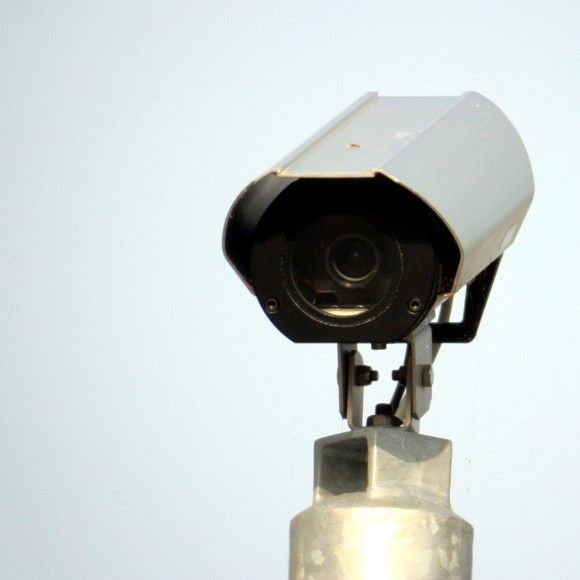Private Security Cameras In Borough Park Raising Questions

Assemblyman Dov Hikind secured $1 million for new security cameras to be installed in Borough Park and the project is continuing to stir controversy among those who feel that the cameras raise serious questions over privacy. A New York Daily News editorial is arguing that the security system, run by a private firm, sets a bad precedent for the city.
In September, we reported on the details of the camera system, noting that the money funding them will be funneled to Agudath Israel, a Haredi umbrella organization that has a contract with SecurityWatch24, a private security firm. If the NYPD needs access to the cameras for an investigation, they must make a formal request to SecurityWatch24 to gain access to the footage. As we previously mentioned, what exactly Agudath Israel would be monitoring in the meantime is unknown.
The Daily News editorial raised flags over whether the cameras are violating New Yorkers’ right to privacy and questioned who exactly will be monitoring them and under what guidelines:
First, there is no conclusive research establishing that cameras deter crime (though they do make it easier to solve some crimes after the fact).Yet untold numbers of cameras have gone up around the city in the years since the 9/11 attacks in the belief they will do exactly that.
Meantime, the cameras catch New Yorkers, at all hours of the day, every day of the year, living their lives — doing everything from walking the dog to visiting a psychiatrist, going into a gay bar or enjoying a romantic interlude. These are all perfectly legal activities, yet we have no idea what becomes of the captured images.
In a 2006 report, the New York Civil Liberties Union documented the surge in cameras and found that there was little or no oversight, guidelines or training and little regard for New Yorkers’ fundamental rights to privacy, speech and association.
Seven years later, little has been done to monitor the mushrooming use of surveillance cameras, and many unanswered questions remain.
These 100 new ones in Brooklyn, and the video images they will produce, only add to those concerns.
The editorial then questioned the sense of having make the NYPD jump through hoops to access the private camera footage, which is funded by taxpayers:
But this particular partnership adds an additional layer of concern: In a city where it is illegal to hang even a campaign poster on a lamppost, why is SecureWatch24, a private company, being allowed to put up cameras on public property?
Handing off the responsibility of gathering and storing video surveillance to a private company without any public guidelines over what happens to the footage raises serious issues.
Hikind has said the NYPD will have access to the cameras after a crime, but must first make a formal request to SecureWatch24.
Does that make sense? Are there any rules limiting how footage will be stored and who has access? Are there are any safeguards against selective and wrongful use of the videos? Who owns the images? How was this company chosen?
Also troubling is the fact that this taxpayer-funded surveillance system is more about currying favor with a powerful political constituency than effective crime prevention or thoughtful allocation of scarce public safety dollars.
One thing is for certain, when walking around Borough Park in the coming months, your actions will be monitored, stored and scrutinized by a private security company operating taxpayer funded equipment.




